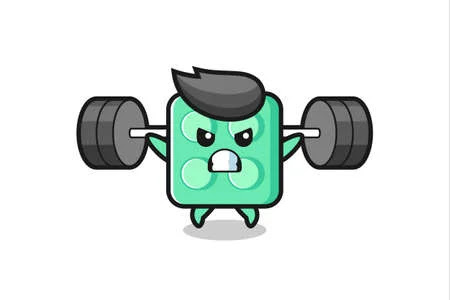Exercise is one of the best ways to improve your health and well-being. It can help you lose weight, lower your blood pressure, reduce your risk of chronic diseases, and enhance your mood. But did you know that exercise can also boost your immune system?
Your immune system is a complex network of cells, tissues, and organs that work together to protect your body from infections and diseases. It consists of two main components: the innate immune system and the adaptive immune system. The innate immune system is the first line of defense against foreign invaders, such as bacteria and viruses. It includes physical barriers, such as your skin and mucous membranes, and cells that can quickly respond to any threat. The adaptive immune system is the second line of defense, which develops over time as your body encounters different pathogens. It involves specialized cells that can recognize and remember specific antigens, or molecules that trigger an immune response.
Exercise can affect both the innate and the adaptive immune systems in various ways. For example, exercise can increase the circulation of blood and lymph, which carry immune cells throughout the body. This can help them reach the sites of infection faster and more efficiently. Exercise can also stimulate the production and activity of natural killer cells, which are a type of innate immune cell that can destroy infected or cancerous cells. Exercise can also modulate the balance of different types of T cells, which are a type of adaptive immune cell that can regulate the immune response and eliminate pathogens.
However, not all exercise is equal when it comes to boosting immunity. Too much or too little exercise can have negative effects on your immune system. For instance, prolonged or intense exercise can cause inflammation, oxidative stress, and tissue damage, which can impair your immune function and increase your susceptibility to infections. On the other hand, sedentary behavior can also weaken your immune system by reducing your physical fitness, increasing your body fat, and promoting chronic inflammation.
So how much exercise do you need to boost your immunity without compromising it? According to the World Health Organization (WHO), adults should do at least 150 minutes of moderate-intensity aerobic exercise or 75 minutes of vigorous-intensity aerobic exercise per week, or a combination of both. Moderate-intensity exercise is defined as any activity that raises your heart rate and makes you breathe faster but still allows you to talk. Examples include brisk walking, cycling, swimming, or dancing. Vigorous-intensity exercise is any activity that makes your heart rate and breathing much faster, making it hard to talk. Examples include running, jumping rope, playing soccer, or doing high-intensity interval training (HIIT).
In addition to aerobic exercise, adults should also do muscle-strengthening activities that involve all major muscle groups at least twice a week. These include exercises such as lifting weights, doing push-ups or squats, or using resistance bands. Muscle-strengthening activities can help you maintain or increase your muscle mass, which can support your immune system by providing a source of amino acids for protein synthesis and by producing cytokines, which are molecules that regulate inflammation and immunity.
Of course, exercise is not the only factor that affects your immune system. You also need to pay attention to other aspects of your lifestyle, such as nutrition, sleep, stress management, hygiene, and vaccination.
By following a balanced diet that provides adequate amounts of protein, vitamins, minerals, antioxidants, and probiotics, you can nourish your immune system and prevent deficiencies that can impair its function.
By getting enough sleep (7-9 hours per night for adults), you can help your body repair and regenerate its tissues and cells, including those involved in immunity.
By managing your stress levels with techniques such as meditation, yoga, breathing exercises, or hobbies, you can reduce the production of cortisol and other hormones that can suppress your immune system.
You can prevent the spread of germs and infections by practicing good hygiene habits such as washing your hands frequently, covering your mouth when you cough or sneeze, and avoiding contact with sick people. And by vaccinating against common diseases such as influenza or COVID-19 (if available), you can stimulate your adaptive immune system to produce antibodies that protect you from future exposure.
Exercise is a powerful tool to boost your immunity and overall health. But remember to do it in moderation and in combination with other healthy habits. By doing so, you can enjoy the benefits of exercise without compromising your immune system.

